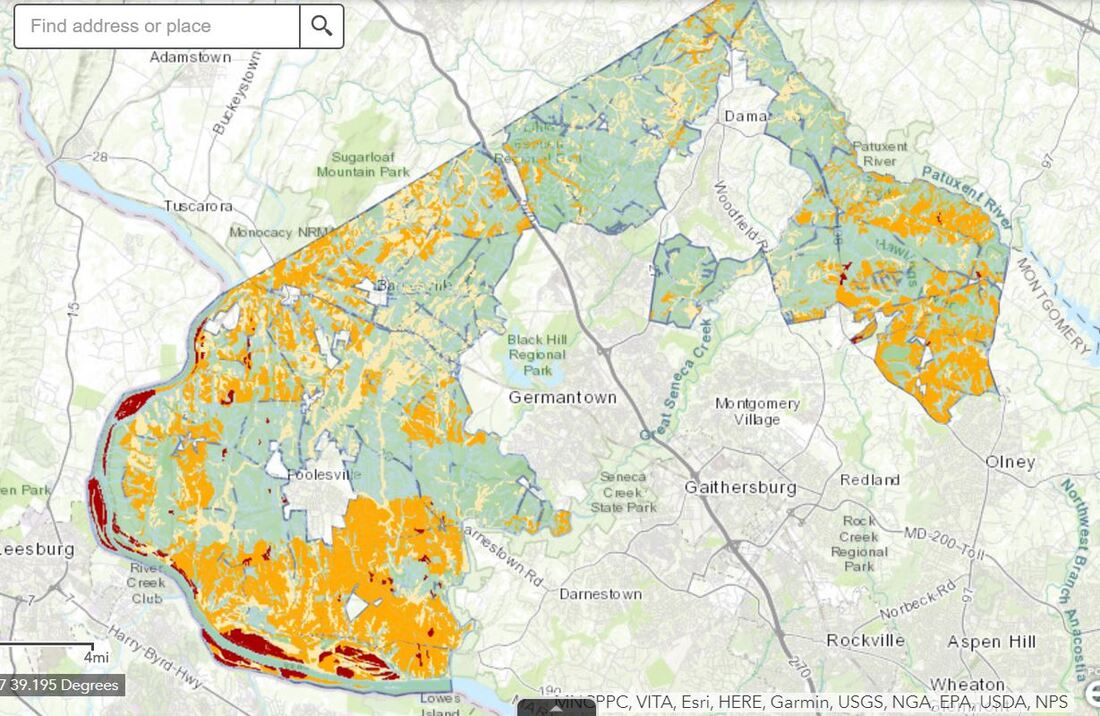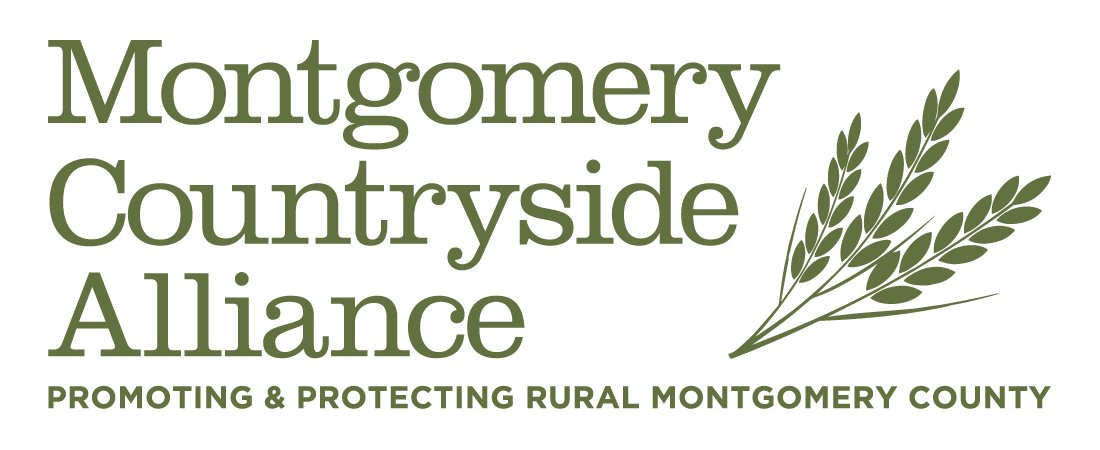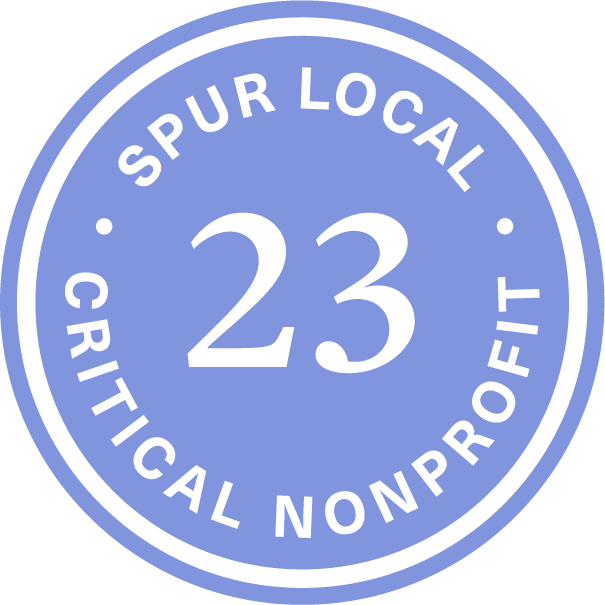Soils: In the previous hearing, the committee members discussed soil classifications 1-3 being productive soils. At MCA we thought that discussion was missing something and created this table to shows that many farms in the Reserve are growing bountiful table crops on zones 2 and 3. Councilmember Glass must have been unclear on our aim and mentioned our table as his vote made a majority to protect just class 1 soils (the red spots below, mostly river banks that are not farmable under water conservation measures.)
Only the productive soils in red were protected by the committee.
Council staff Jeff Zyontz finally highlighted what MCA has been saying for a long time, the ZTA as written has no real protections for forests. The committee added "tree removal should be minimized" and left the rest up to forest conservation efforts already in place in the Ag Reserve. On water quality, the committee declined to go beyond prohibiting arrays on 15% slopes, which still leaves lots of slopes where the channeling of water off the arrays, hitting the naked soil below them will cause extensive runoff. When wetlands were discussed, the protection of them was left to the Planning Board's site plan process, where Chair Casey Anderson has already wondered aloud why putting them in wetlands would be a bad idea.
This ZTA is not substantively improved by this committee and serious concerns are still held by people that are otherwise supportive of renewable energy - both urban and Reserve residents. This issue is controversial as it pits environmental factions against each other. The path forward is an acceptance of the nuance and care needed to green the grid while protecting existing natural systems - which includes forests, water quality and agriculture. We can get solar right - we must first do no harm.
Stay tuned, the ZTA is headed to the Council in September.








